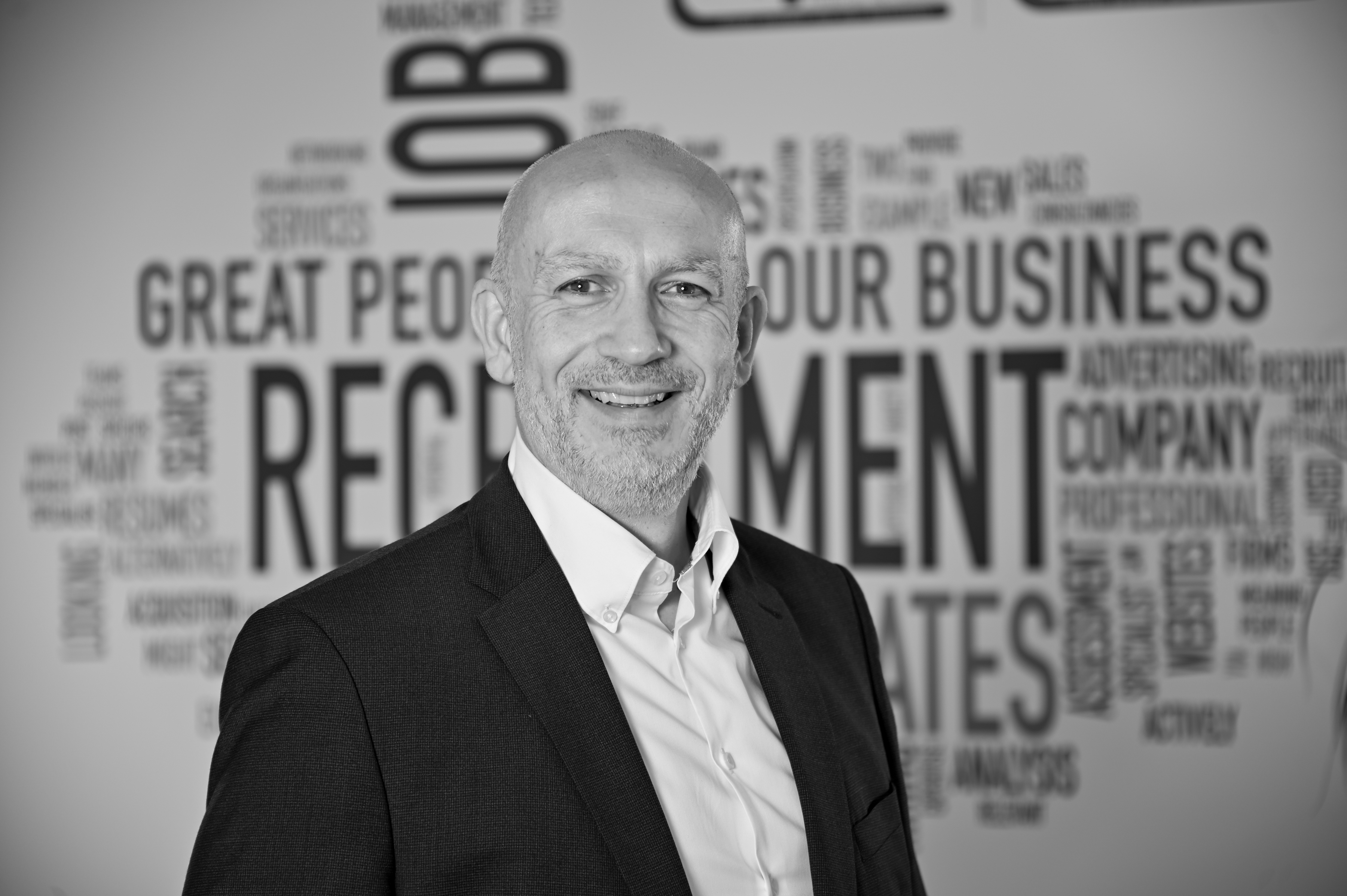Spreading Joy: Sharp Consultancy’s Annual Easter Egg Drive
At Sharp Consultancy, our annual Easter Egg Drive has once again brought together our team, clients, and community to support local charities and spread a little cheer. As a finance and accountancy recruitment business rooted in Yorkshire, we’re proud to use our network to give something back—and this year has been no exception.Led by Tom Davage, Senior Consultant in our South Yorkshire office, our team has been out and about collecting Easter egg donations from our fantastic clients. The generosity shown has been incredible, especially given the ongoing challenges many continue to face. Thanks to everyone who contributed, we were able to deliver meaningful support to three wonderful charities in our region: Paces, a specialist centre supporting children with cerebral palsy and motor disorders; St Luke’s Hospice, which offers compassionate end-of-life care; and The Family Works, a trauma informed, family support project working alongside underprivileged families.Tom, who organised this year’s initiative, shared: “When you hear the stories from the people working within these charities, it really opens your eyes to the challenges others face. If we can bring a smile to someone’s face—even through something as simple as an Easter egg—it makes it all worthwhile. Every bit of support counts.” Seeing familiar donators from past years and welcoming new ones has been truly heart-warming. It’s a testament to the kind and community-minded nature of the businesses we work with. To all our clients who donated, thank you. Your kindness and continued support make this initiative possible and help us make a real difference. If you’d like to get involved next year or learn more about the causes we support, we’d love to hear from you. Together, we can keep making a positive impact—one small gesture at a time.
Read article


